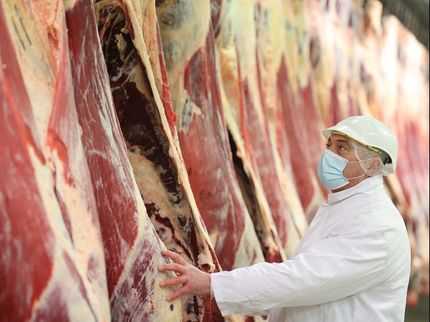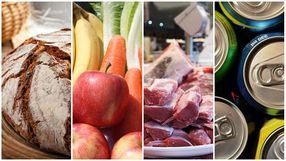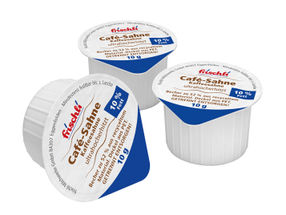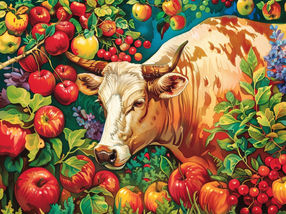European Commission Fines Retail Food Packaging Cartels
Advertisement
The European Commission has fined eight manufacturers and two distributors of retail food packaging trays a total of EUR 115,865,000 for having participated in at least one of five separate cartels. The eight manufacturers are Huhtamäki of Finland, Nespak and Vitembal of France, Silver Plastics of Germany, Coopbox, Magic Pack and Sirap-Gema of Italy and Linpac of the UK. The two distributors are Ovarpack of Portugal and Propack of the UK.
The companies fixed prices and allocated customers of polystyrene foam or polypropylene rigid trays, in breach of EU antitrust rules.
These two materials are used for packaging food sold in shops or supermarkets, for products such as cheese, meat, fish or cake. Linpac benefited from full immunity under the Commission's 2006 Leniency Guidelines as it revealed the existence of the cartels to the Commission.
Commissioner Margrethe Vestager, in charge of competition policy,
said: "Millions of consumers buying food for themselves and their families have potentially been hit by these cartels. The companies concerned carved up the retail food packaging market and agreed on prices rather than competing on their merits. Cartels harm our entire economy when companies set prices instead of the market. This removes the incentive to innovate and will not be tolerated."
The Commission's investigation revealed the existence of five separate cartels for retail food packaging in a large part of the European Economic Area (EEA) from the early 2000s and for periods ranging from just over a year to almost eight years. And with some differences between the cartels, the ten companies fixed prices, allocated customers and markets, engaged in bid-rigging and exchanged commercially-sensitive information.
Each of the cartels operated within the framework of multilateral and bilateral contacts usually held on the fringes of legitimate industry gatherings. Physical meetings were complemented by numerous emails and phone exchanges. In some of these cartels, the participants would refer to their illegal contacts as "the Club" or "Mafia". (dpa)
Most read news
Other news from the department politics & laws

Get the food & beverage industry in your inbox
By submitting this form you agree that LUMITOS AG will send you the newsletter(s) selected above by email. Your data will not be passed on to third parties. Your data will be stored and processed in accordance with our data protection regulations. LUMITOS may contact you by email for the purpose of advertising or market and opinion surveys. You can revoke your consent at any time without giving reasons to LUMITOS AG, Ernst-Augustin-Str. 2, 12489 Berlin, Germany or by e-mail at revoke@lumitos.com with effect for the future. In addition, each email contains a link to unsubscribe from the corresponding newsletter.
































































